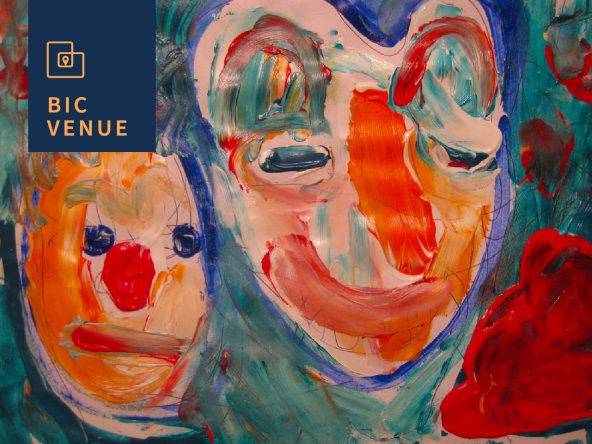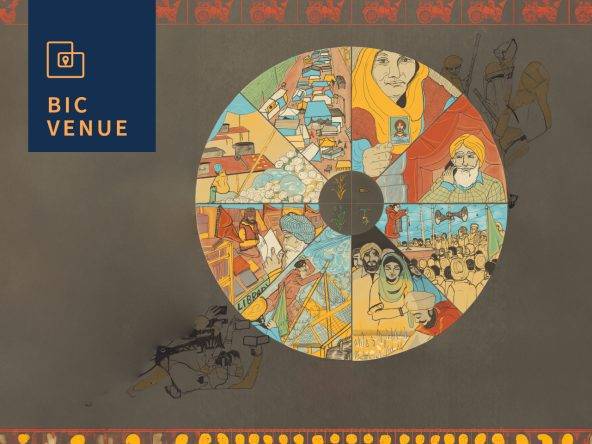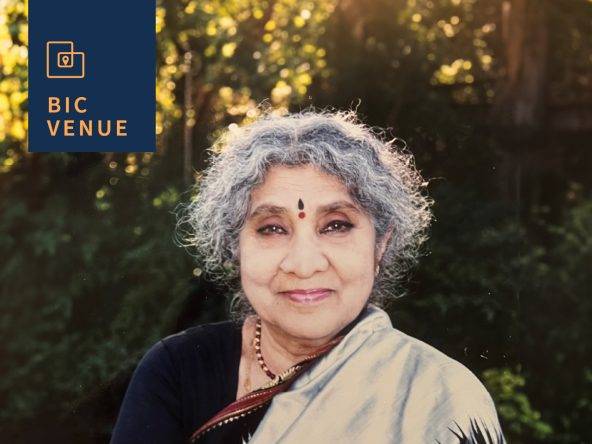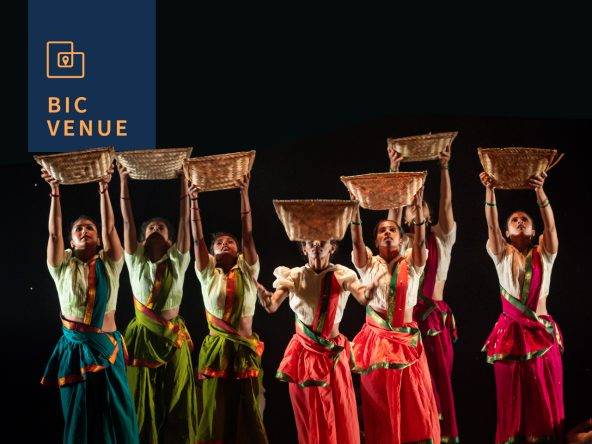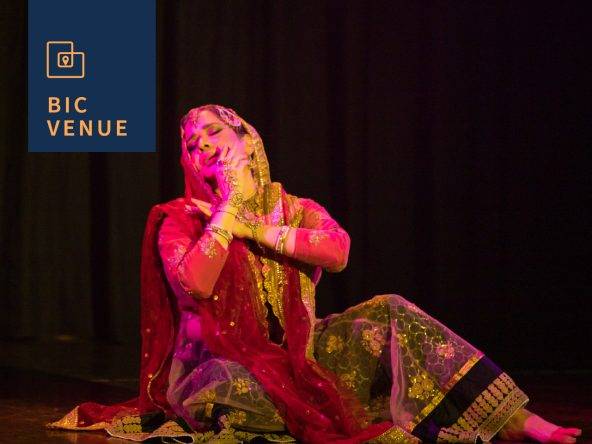Why Does India Lag Behind Its Poorer Neighbours? Social Indicators and What They Tell Us About Our Country
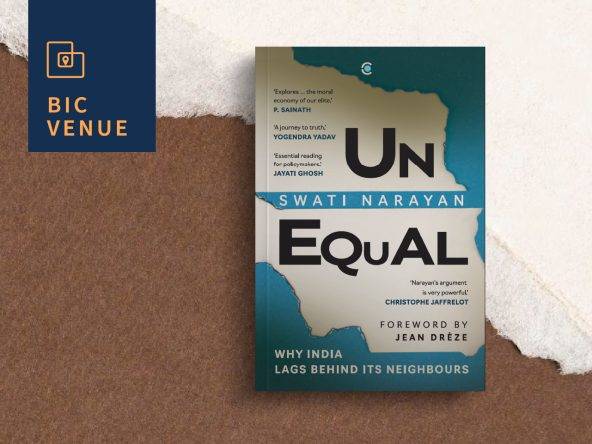
Details
Mar 29 2024 to Mar 29 2024 6:30 p.m.
EVENT HAS ENDED
Where
Bangalore International Centre
7 4th Main Rd, Stage 2, Domlur 560071
Event Description
A newborn girl can expect to live to eighty in Sri Lanka, seventy-four in Bangladesh and sixty-nine in India. This is but one of a range of Swati Narayan’s insights from a five-year study across four countries: India, Bangladesh, Nepal and Sri Lanka. She found that even poorer neighbours were doing better than India on a range of social indicators: health, nutrition, education, sanitation, with more women working outside the home. Narayan’s intensive, immersive research shows that India’s leapfrogging neighbours have worked hard to dilute social inequalities. Land reforms, investments in schools and hospitals, and socio-political reform movements aimed at diluting caste and gender discrimination – all of these have wrought change over the decades. Excellent networks of primary healthcare clinics, village schools and household toilets have transformed the lives of citizens in these countries. In economically booming India, on the other hand, social ills like sex-selective abortion, child stunting, illiteracy and preventable deaths are rampant. Inequalities are stark here—not only between the burgeoning billionaire class and the neglected masses, but also among the northern states and their southern counterparts. However, it is in fact the successes in states like Tamil Nadu and Kerala that offer grounds for optimism—India is capable of transformation if governments commit to social welfare investments and bridging social inequities. Packed with human stories as well as hard data, and shot through with empathy and hope, Swati Narayan’s Unequal is a necessary book for our times.
Swati will be in conversation with Aakar Patel. A Q&A with the audience will follow.
Speakers
Swati Narayan Author, Academic & Activist
Swati Narayan is an academic and activist. Previously, she has been a Visiting Faculty at the National Law School of India University. For more than a decade, she has also been an activist and researcher with pioneering social movements and civil society organisations. She is an alumna of the Tata Institute of Social Sciences, School of Oriental and African Studies and London School of Economics and Political Science. Her research and opinion articles have been published in The Indian Express, The Hindu, The Telegraph, Hindustan Times, The Guardian blog, Prospect magazine, Economic and Political Weekly, Gender and Development and several other journals and publications. Swati currently lives in Haryana and Delhi.
Aakar Patel Columnist & Chair, Amnesty International India
Aakar Patel is a syndicated columnist who has edited English and Gujarati newspapers. His books include ‘Why I Write’, a translation of Saadat Hasan Manto’s Urdu non-fiction (Tranquebar, 2014), ‘Our Hindu Rashtra: What It Is. How We Got Here’, a study of majoritarianism in India and Pakistan (Westland, 2020), ‘Price of the Modi Years’, a history of India after 2014 (Penguin Random House, 2021), ‘The Anarchist Cookbook’, a guide on why and how to protest (HarperCollins, 2022) and the novel ‘After Messiah’ (Vintage, 2023). His work reimagining South Asia, ‘The Case For Akhand Bharat’, is out in 2024. He is Chair of Amnesty International India.

